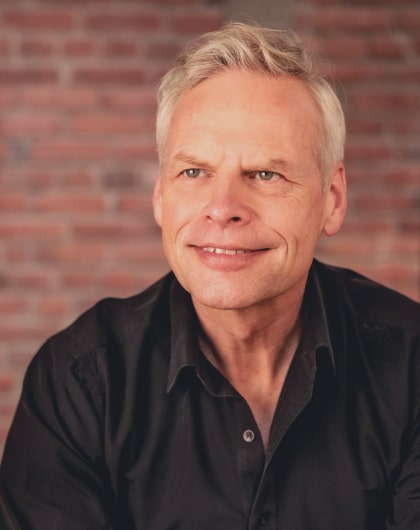Q1: John, when I was talking to you, you said to avoid distraction. I know there are levels to distraction, and it kind of feels like there’s the coarse and then the finer and finer, and I’m wondering if there’s something in particular around distraction that I could look at?
John: You have levels of knowledge to move in and some of that knowledge will be easy for you to move in, some of that knowledge will be more difficult and again some will be really difficult. The greater the difficulty the more distractions there will be because in your self you will just naturally be favouring what’s comfortable. So then you’ll develop in what’s easier for you to develop in and neglect what’s difficult, instead of giving due diligence to everything you’re knowing to move forward in and to carry, without any reference to what’s comfortable or not comfortable. So comfort is not an influence to you as awareness anymore. Until you’ve integrated that, comfort and discomfort are powerful influences.
Q1: So it’s really being aware of the comfort or discomfort where I can recognize that. That would be an indicator to me?
John: It can be. You can also look for something in your self, where you’re knowing the value of moving into something in your heart, something that you’re knowing. So you may have a thought of not completely liking something even though you’re knowing to move forward in it and to work it out . As soon as you see a dislike, there’s going to be a distraction. That distraction already exists in your self because there will be something in your self that will be more favourable to you, than whatever you’re not liking.
Q2: Is the disliking itself a distraction?
John: Yes.
Q2: I see what you’re saying about the discomfort being a distraction. It’s like holding something back. It’s like I’m not completely given to what I know.
John: If you really want to deal with that root, then eliminate from your vocabulary, for two or three years anyway, the words ‘I don’t like.’ So in your relationship instead of saying ‘I don’t like it when you do such and such’, well how is it that you are the judge of that? Instead, you can say ‘it seems that what you are doing is not ideal or may not work for a given reason.” Then you’re bringing it into the objective instead of always basing it on your reactions. Just because you don’t like something, it doesn’t mean that your seeing is worth anything.
Q3: When you encounter disliking, the immediate tool is to just soften to see what is below the dislike?
John: To open and soften and discern what is clear within the dislike, so it’s not an emotional base anymore.
Q2: Knowing the truth in the disliking?
John: There’s something in what you’re disliking that you’ll know the truth of and it may be almost nothing. Then you need to extract that and hold that on it’s own without any reference to your emotional experience.
Q4: Is that the point of integration of the self? It’s like the building blocks of the new self?
John: The good gets carried forward and everything else gets left behind.
Q3: Is it a cutting-edge when I feel it in my self? I can also try to move into where that comes from and stay with something deeper.
John: Dealing with a dislike is like cleaning out a closet. The closet says ‘I don’t like such and such’. There’s a voice. So you go into that closet and you clean the whole closet out. And it could be that most of what is in the closet is really excellent and there’s going to be something in that closet that you’re not going to need anymore. It could be that almost everything within the closet is worth nothing. So you need to engage your discernment.
Q3: So that all that is left from the dislike is connected to knowledge?
John: Having dislike in your self, means that you haven’t really integrated your self and the likes feed the dislikes. When you’re liking something, it may have the harm of a dislike. But a like has you engaging what’s familiar for your self, so that puts you in the stream of your self. Then, when something comes along with something that you don’t like, you will be less open to the truth within it.
Q5: Keeps you in comparison, keeps you in likes and dislikes.
John: It’s more than just a comparison; it’s also the energy. It’s like having surface happiness about something. That’s not going to hurt you but when you’re in surface happiness that sets you up for when something makes you unhappy. Then, you’re going to give that all of your energy. So you need to let go of the negative emotion and you can be in the positive, but the positive will dig out the negative.
Q1: So what do you do with the positive?
John: Just be in it. The negative emotion is bad for you. The positive emotion is not bad for you, but it’s also not really good. To integrate your self puts you into being responsible within what feeling is. So you’re able to move based on something that you have clarity in and that then turns into emotion. But it’s not an emotion that governs you.







